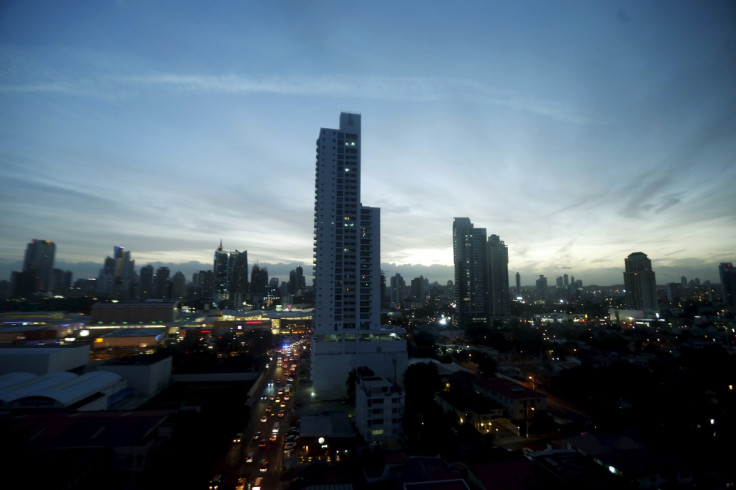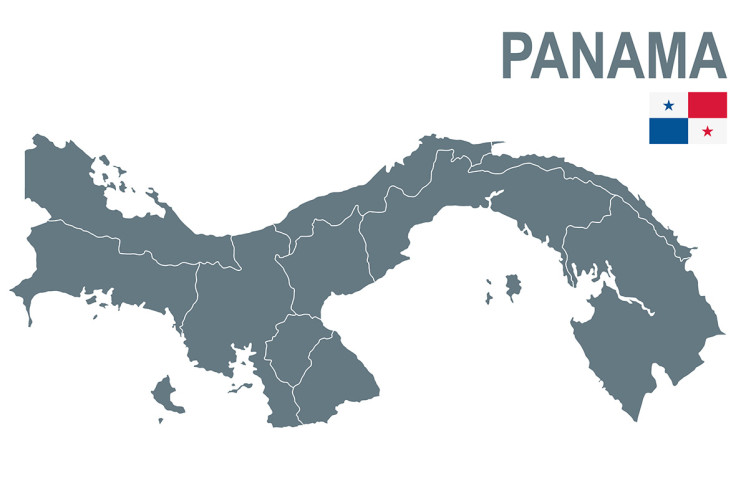Panama Papers: How a small central American country became an infamous tax haven

The hidden wealth of some of the world's leaders and celebrities has been revealed in one of the biggest leaks of confidential documents in history, which shows the numerous ways the rich can exploit secretive offshore banking regimes.
More than eleven million documents were leaked from the database of the Panamanian law firm Mossack Fonseca, the world's fourth biggest provider of offshore services. Company director Ramon Fonseca has denied any wrongdoing. He said the firm had suffered a hack on its database and described the leak as "an international campaign against privacy", according to Reuters.
Located between Costa Rica and Colombia, Panama straddles the Atlantic and Pacific oceans and is around 30,000 square miles in area. Its mountainous scenery, sun-drenched Caribbean coastlines and modern, lively capital have boosted the tourism economy, but Panama is also of huge strategic importance. It is home to the Panama Canal, one of the greatest engineering achievements of the 20th century, and thanks to a combination of financial secrecy and little to no tax, it is one of the world's biggest tax havens.
Strict financial laws and regulations have turned the small country into one of the most established tax havens. It has a territorial tax system, meaning that it exempts all income earned outside of Panama. This zero-taxation policy of foreign income applies to resident individuals residing in Panama, as well as Panamanian firms. There are also extensive laws to protect corporate and individual financial privacy. Offshore finance, manufacturing and a shipping registry generate jobs and tax revenues.
A 2014 investigation by US journalist Ken Silverstein in Vice explains how Panama came into being with help from the US. "In 1903, the administration of Theodore Roosevelt created the country after bullying Colombia to hand over what was then the province of Panama," Silverstein writes. "Roosevelt acted at the behest of various banking groups, among them J. P. Morgan & Co., which was appointed as the country's official 'fiscal agent', in charge of managing $10 million in aid that the US rushed down to the new nation."

Nicholas Shaxson, a British journalist and author, delves further into the US' influence on Panama in his 2012 book Treasure Islands: Tax Havens and the Men who Stole the World: "The history of Panama as a tax haven started in 1919 when it began to register foreign ships to help Standard Oil escape US-American taxes and regulations. Offshore finance followed in 1927, when Wall Street interests helped Panama introduce lax company incorporation laws, which let anyone start tax-free, anonymous corporations, with few questions asked."
Panama's tax haven status was developed further in the 1970s, when the country adopted the standard tax haven model of banking secrecy, abolishing currency controls and setting up tax exempt companies. Fundamentally, Panama became the new Switzerland.
There was a boost in interest in Panama and areas like the British Virgin Islands after 2003, when the European Union Savings Directive was first developed. The directive, which came into force in 2005, aimed to counter cross-border tax evasion by individuals by collecting information about foreign resident individuals receiving savings income outside their resident state. It led to more people wanting to open bank accounts outside of Europe.
Despite an overall reduction in poverty, Panama still faces several challenges - from shaking off its reputation as a transit-point for cocaine from South America heading to the States to money-laundering and social inequality. Over the past decade, the country has had one of the fastest growing economies worldwide. But while the capital gleams with new skyscrapers and state-of-the-art infrastructure, Panama has one of the most obvious disparities of wealth in Latin America, according to the World Bank. In the Indigenous Peoples' territories - the comaracas - poverty is above 70%.
© Copyright IBTimes 2025. All rights reserved.






















